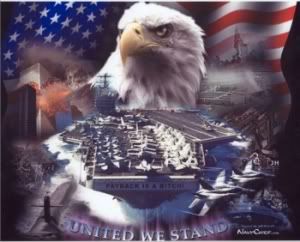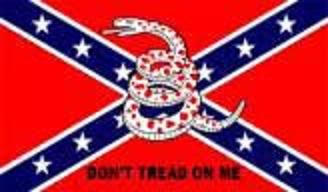PART 1: Talking with the 'terrorists'
PART 1: Talking with the 'terrorists'
By Mark Perry and Alastair Crooke
Seventy-two hours before the Iraqi people voted on a new parliament, on December 12, 2005, we were told by a senior US administration official that "detailed data received by the White House" pointed to a "decisive win" for Ayad Allawi's Iraqi National List. "Allawi's victory turns the tables on the insurgents," this official said gleefully. "Sectarianism will be the big loser."
Allawi's prospective triumph was trumpeted repeatedly over the next two days by US news networks quoting administration officials. Weeks later, after the results of the election became
known, it was clear that the White House had overestimated Allawi's popularity: his party received just over 5% of the vote.
On the eve of the Palestinian parliamentary elections in late January, US-funded Palestinian polls suggested that while the mainstream Fatah movement had lost much of its popular support, Hamas was expected to win no more than "a third of the legislature's 132 seats". [1] On January 27, when the results of the polling were complete, it was clear not only that Fatah had been defeated, but that Hamas had swept into office in a landslide. A prominent front-page article in the Washington Post stated that US Secretary of State Condoleezza Rice was "stunned" by the results, as the Hamas victory contradicted everything the administration of President George W Bush believed about Palestinian society. [2]
Just two weeks after the Hamas victory, on February 6, Lebanese Maronite leader Michel Aoun and Sheikh Hassan Nasrallah appeared together in Beirut to sign a memorandum of understanding between the Free Patriotic Movement and Hezbollah. The Aoun-Nasrallah agreement shook the State Department, which had worked for years to isolate Hezbollah.
The US had underscored its anti-Hezbollah strategy as recently as November 23, when Aoun met with State Department officials in Washington. The State Department blithely discounted the importance of the talks that Aoun's movement had been having with Hezbollah and reassured the press that Aoun would remain a staunch supporter of the United States' Lebanon policy. Certainly, it was believed, the leader of Lebanon's Maronite Christians would never tie the future of his own movement to that of a group allied with Damascus and Tehran.
More @ http://tinyurl.com/lcqqv Asia Times
"Talking with the terrorists," reminds me of "Talking with a fencepost". You're happy to talk to the fencepost and feel all warm fuzzy after your talk. The fencepost on the other hand doesn't know, doesn't care, and after all is just a fencepost.
The only way to deal with terrorists is to destroy them all and when I say all, I mean all!
























<< Home